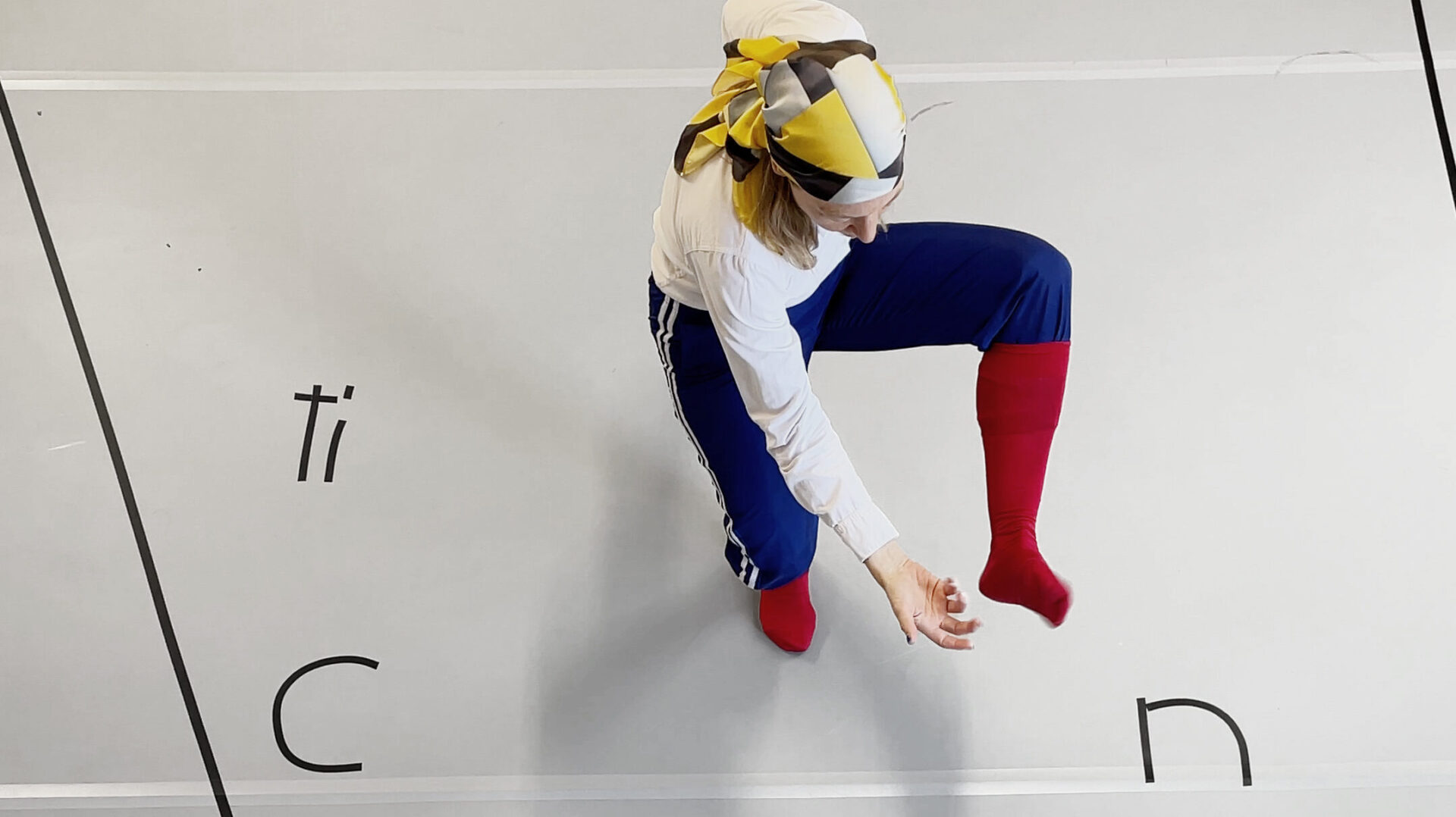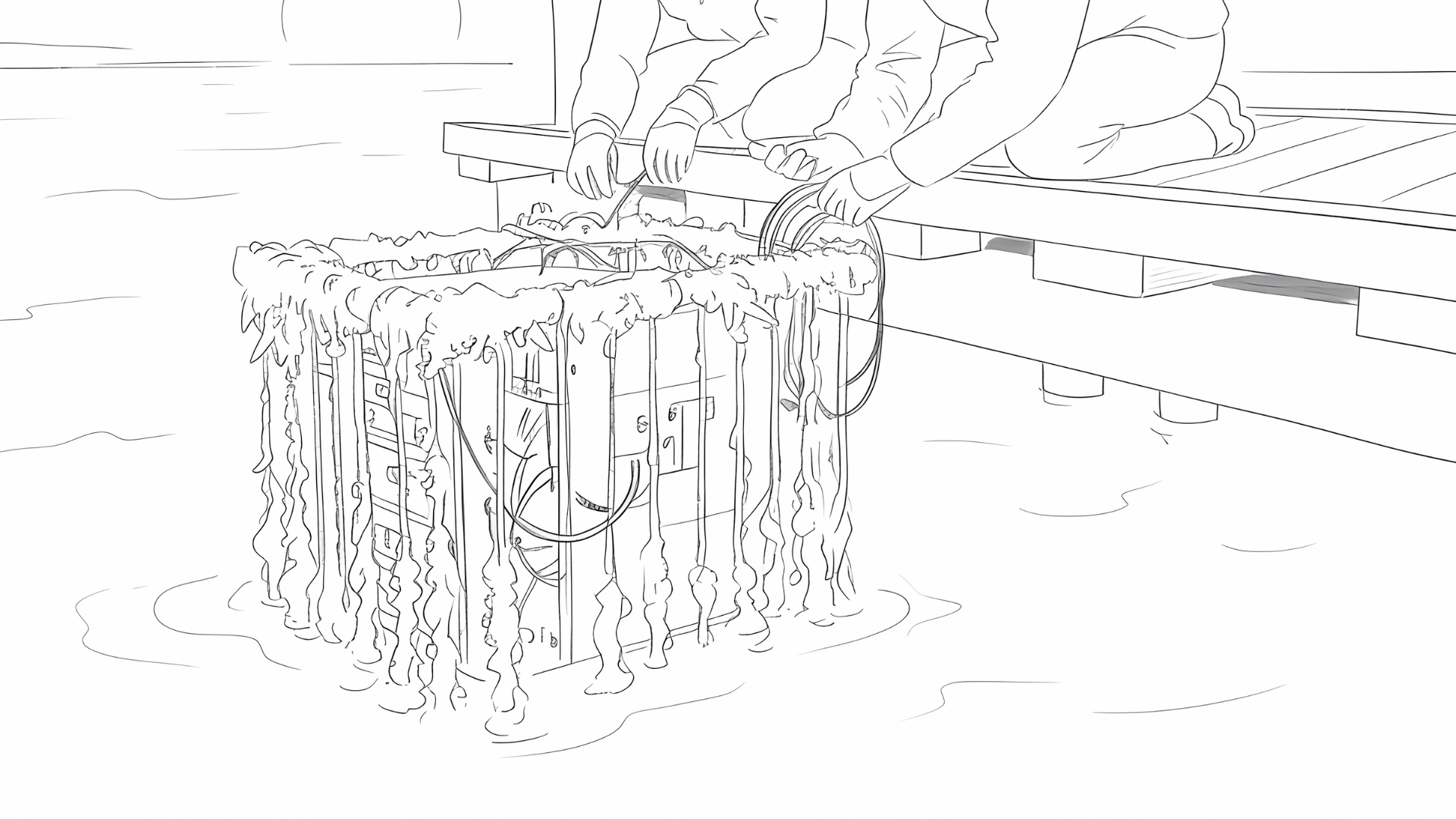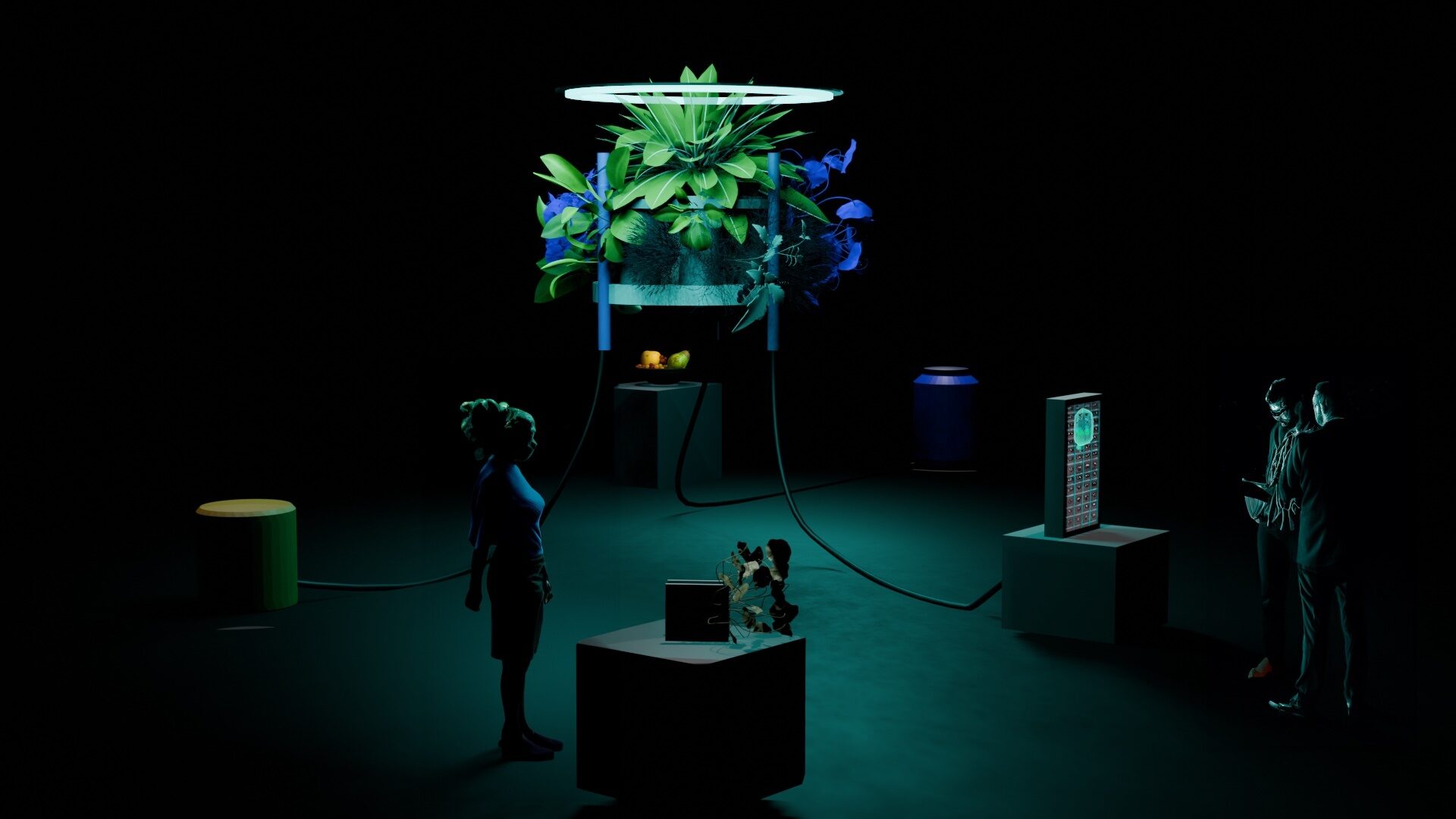‘It was mainly about creating a moment of inclusiveness and sharing useful knowledge,’ writes festival attendee Chiara Vignandel in her recap. ‘We played with technology, hacked it, found ways to overcome glitches and had genuine fun, using intuition and creativity as guides.’
The festival united more than 13 partners and attracted visitors from all over the world. By making AI literacy more accessible and providing space for other voices, the event contributed to what Nadia calls ‘third spaces’ – places that are separate from both tech industries and academic institutions. After the festival, participants returned home with new perspectives on artificial intelligence. Not as something that happens to them, but as something that can be shaped with human impact.













